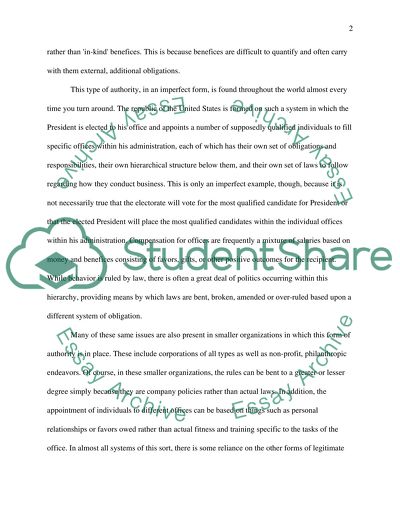Cite this document
(“Reflection paper Article Example | Topics and Well Written Essays - 750 words”, n.d.)
Retrieved from https://studentshare.org/other/1399611-reflection-paper
Retrieved from https://studentshare.org/other/1399611-reflection-paper
(Reflection Paper Article Example | Topics and Well Written Essays - 750 Words)
https://studentshare.org/other/1399611-reflection-paper.
https://studentshare.org/other/1399611-reflection-paper.
“Reflection Paper Article Example | Topics and Well Written Essays - 750 Words”, n.d. https://studentshare.org/other/1399611-reflection-paper.


